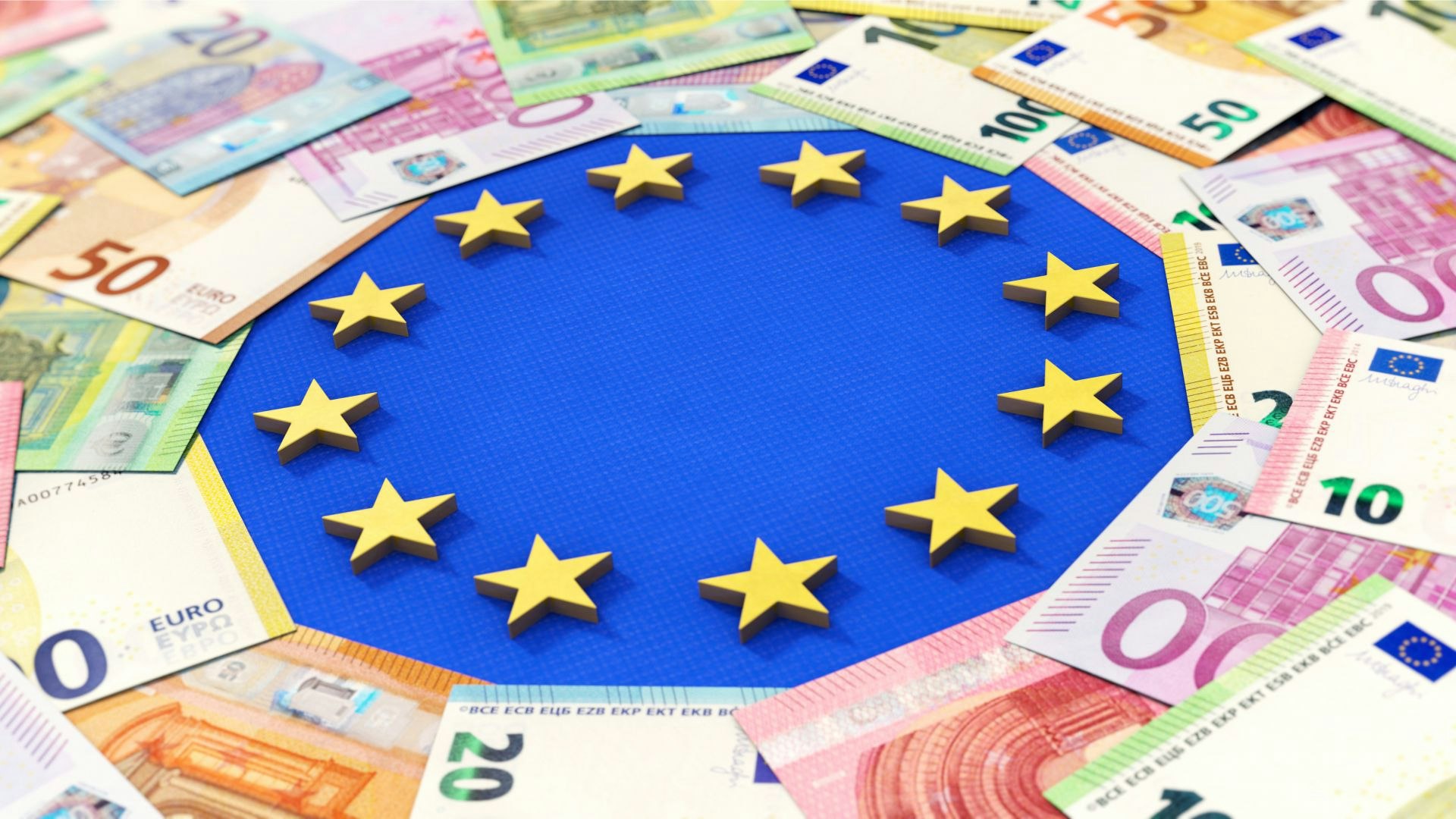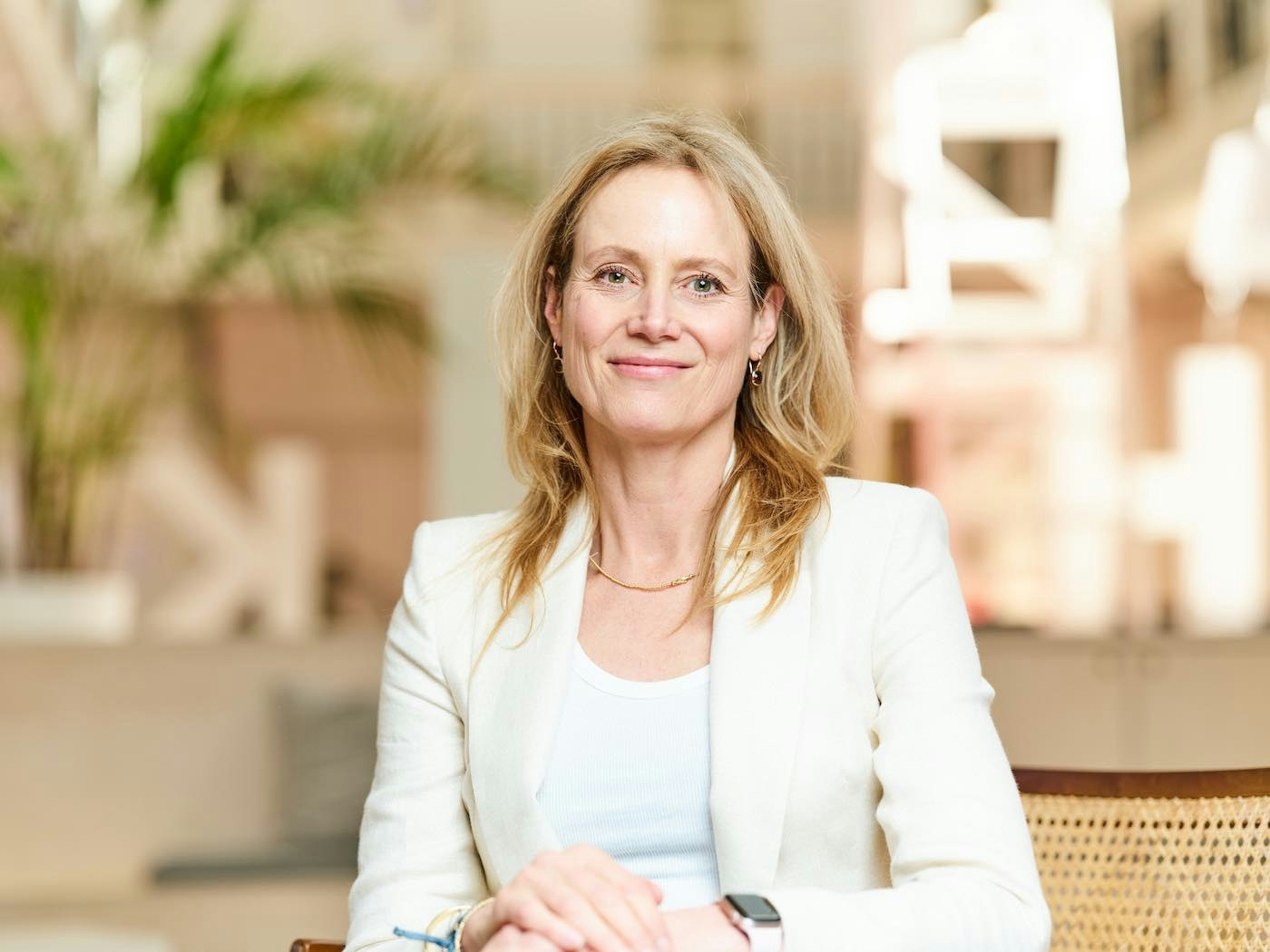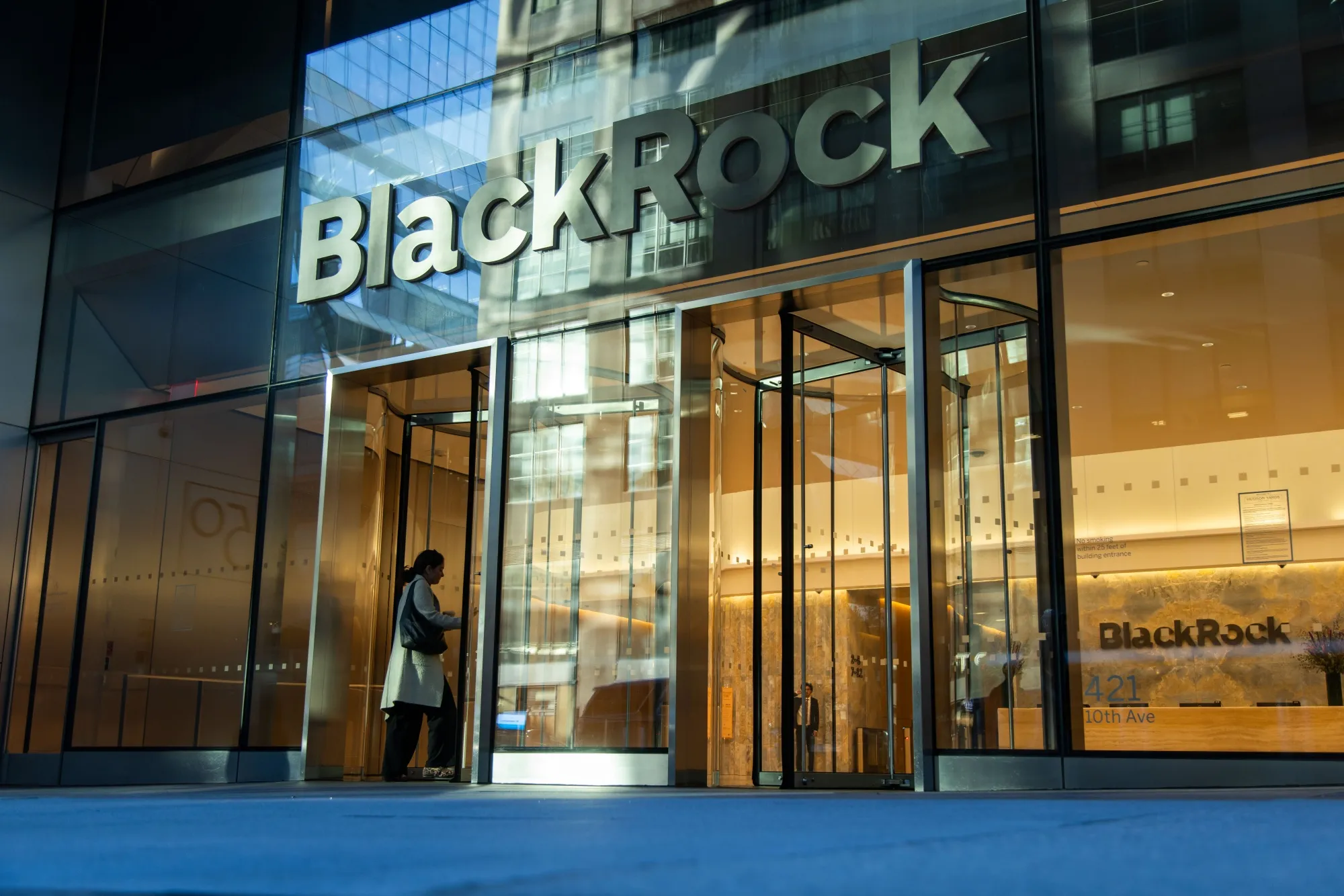2021 was a crazy year for European tech. Over $100bn in capital was thrown at the region’s tech companies and a record number of $1bn companies were minted.
At the time, Sifted wrote about the top 10 fastest-growing companies by headcount. As a fun little holiday exercise, we decided to check in on our friends.
Just two years later, four of those companies have either gone bankrupt or have been acquired. The latest to fall was Volta Trucks, which declared bankruptcy in November. Its UK assets were bought by a hedge fund this month.
Everyone will go on about how this is a terrible waste of capital (and maybe it is), but actually, that hit rate is not much worse than the sector usually sees.
A study of 885 European VCs from earlier this year found that 45% of startup investments fail. The timeline for getting to success or failure has just been greatly accelerated for these boom-time companies.
Only one of the companies still alive on that list has managed to grow headcount — German defence tech startup Helsing.
It also raised a €209m Series B this September and seems a very prescient bet now that more investors are looking at defence tech in the light of Russia’s war on Ukraine and concerns about Europe’s technological sovereignty.
Quick commerce survivors
Many companies that raised big rounds during 2021 have been gobbled up by bigger competitors, especially in the quick commerce space. Gorillas, number six on the 2021 list, was bought by Getir in 2022.
But two on-demand grocery delivery companies on the list — Berlin’s Flink and London’s Zapp — have managed to survive independently.
Investors that Sifted chat to say both have likely survived because they have scaled back significantly and doubled down on reaching profitability.
A spokesperson for Flink says that the company is active across over 40 cities in Germany, over 40 in the Netherlands and 8 in France, with the “main goal for 2024” to reach “full profitability”.
They say this year the business has been “operational profitable… in Germany and the Netherlands”.
Steve O’Hear, SVP of strategy at Zapp, says the company achieved “operational profitability” in December 2022, “with our success stemming from our steadfast focus on London, our premium positioning (including expanding our premium and differentiated product range) and elevating our customer experience”.
“Once we've mastered the playbook [in London], the plan is to take Zapp to other convenience mega-cities in the future,” he says.
Rollup survivors
Another hot 2021 sector was ecommerce aggregators, which buy ecommerce brands and operate them under one roof. Two from the 2021 fastest-growing list — Razor Group and SellerX — have survived, though both have cut headcount from their peaks.
This was also a sector that saw consolidation: Razor Group raised €80m in Series C funding this year and acquired Stryze, which was number four on 2021’s fastest-growing European tech companies.
Alex Prokofjev, founder of the community RollUpEurope, says that the environment for rollups of “Fulfilment by Amazon” businesses has become harder — and “it’s not just the deflating ecommerce bubble or the interest rates”.
He says it has become more difficult for sellers on Amazon in general, in part because Amazon is taking a bigger cut of their revenue.
“In this environment, the rollups are trying to convince sponsors to pick them over the other guy,” he says. Which means SellerX and Razor Group have convinced investors they’re winning horses.
What’s in store for 2024
Three of the remaining companies are more than 18 months away from their last reported funding round — Flink, Zapp and Ankorstore — so they could come to market in 2024. Flink did not directly comment on a fundraise when asked by Sifted, neither did Zapp.
Sifted has reached out to Ankorstore for comment.
Time will tell if there is any other consolidation in the market.



